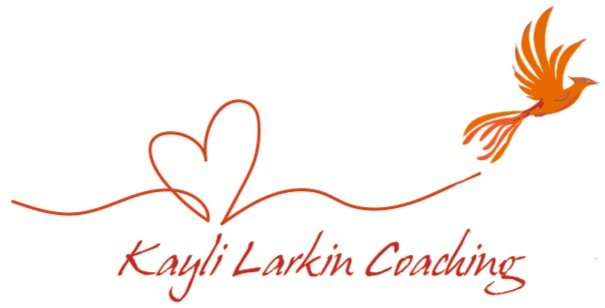You Were Never “Too Much”: Healing the Fear of Overwhelming Others
Coaching clients often tell me they’re worried about “being too much” in relationships. So many of us have felt this — an internal voice that tries to keep us small, a quiet reminder not to take up too much space, not to need too much, not to feel too deeply.
That fear of being so whatever that it pushes someone away. This feeling can come from a part of us that fears rejection or abandonment or lack of love. In attachment terms, this part is often linked to an anxious attachment pattern — a protective strategy built around the hope that if we stay agreeable and easy, love will stay too.
That fear starts early. We were young and had big voices and big needs that were met with discomfort or distance. Or maybe you confidently shared something that interested you, and someone else rolled their eyes, or changed the subject, and you felt the sting of being “too much”. Over time, your body learned that showing how you really felt was the road to disconnection. These early experiences teach the nervous system that connection might depend on managing other people’s comfort — the beginning of the anxious cycle of monitoring, anticipating, and adapting to stay close.
Naturally when this was our experience, we learned to adapt. We softened our words, we stayed agreeable, we kept track of other people’s moods so we know when it was safe to adapt — because we wanted to keep connection. We didn’t want to be pushed out of the tribe.
In attachment language, this often reflects what’s called anxious appeasement. Anxious appeasement means trying to keep the peace or prevent rejection by being overly accommodating. It’s when someone manages tension or potential conflict by staying small, agreeable, or self-blaming—more out of anxiety than genuine ease or connection. It’s the quiet, internal side of anxious attachment — not acting out, but turning inward, managing one’s own needs to prevent disconnection before it happens. It’s an attempt to maintain love through self-containment rather than secure expression.
Later in relationships, this pattern might have shown up as apologizing for emotions or over-explaining, or trying to be extremely understanding (people pleasing) so no one got upset. Maybe we learned to be easy to love by being easy to be around. When this happens, it’s not that we try to hide who we are. We simply feel it’s risky to be fully ourselves.
That pattern doesn’t mean you’re too emotional or needy. It means you became skilled at reading the room and managing other people’s comfort. That skill helped you navigate relationships that couldn’t hold your full expression and depth of who you are. But what once protected connection can start to limit it. And the fact that you’re starting to notice it now means something is already shifting — awareness is the first sign that your system is ready for more safety and freedom.
There’s often a bit of sadness underneath this — the sense that closeness always comes at a cost, that love and self-expression can’t exist in the same space. It can feel lonely to carry so much care and still feel like you have to ration it.
And the truth is, your depth was never the problem. The problem was being in environments that didn’t know what to do with it, and the strategies you had to learn to stay connected. With practice, those strategies can soften. The same sensitivity that once made connection feel fragile can start to make it stronger.
Change begins in little ways. You start noticing when you feel small: the pause before you speak, the moment you minimize your feelings, the quick “sorry” that slips out when you haven’t done anything wrong. Those are the openings. Each time you stay a little more present — each time you summon the courage to express a personal opinion, a feeling, an important need—you teach your system that expression and safety can exist together.
Over time, self-expression starts to feel less like a risk and more like relief. Sensitivity stops being something to hide; it becomes a strength again.
And if/when that old fear returns—the thought that you’ve said too much or asked for too much—grounding helps. Feeling the feet on the floor, breath work, reminding yourself that you’re safe now and love does not need to be conditional. Love can accept all of you.
Because you were never too much. You simply learned to measure your expression around people who couldn’t hold it. The right relationships will welcome your presence, your voice, and your care exactly as they are. And as you begin to trust that, the way you show up in love naturally changes. You start to feel lighter, clearer, and more at home in yourself, and that’s the space where secure connection begins to flourish and grow. 🌱
For Anxious Attachment — Break Free from Anxious Patterns & Attract a Secure Partner

